The experience of being a woman is something that never ends – it literally lasts a lifetime. While it’s impossible to capture the nuances and richness of the female experience, the following books present unique, moving portraits of being a woman. All of these stories offer perspectives of the inner lives of women – women who are flawed, women who are powerless by circumstance, women who are mean, women who dream, women who refuse to be bound by society’s expectations.
Ahead, you’ll find a list of books in which women are not defined by their role as mother, daughter, sister, or wife. They are simply themselves. And in this way, they are challenging and thrilling.
Breasts and Eggs by Mieko Kawakami
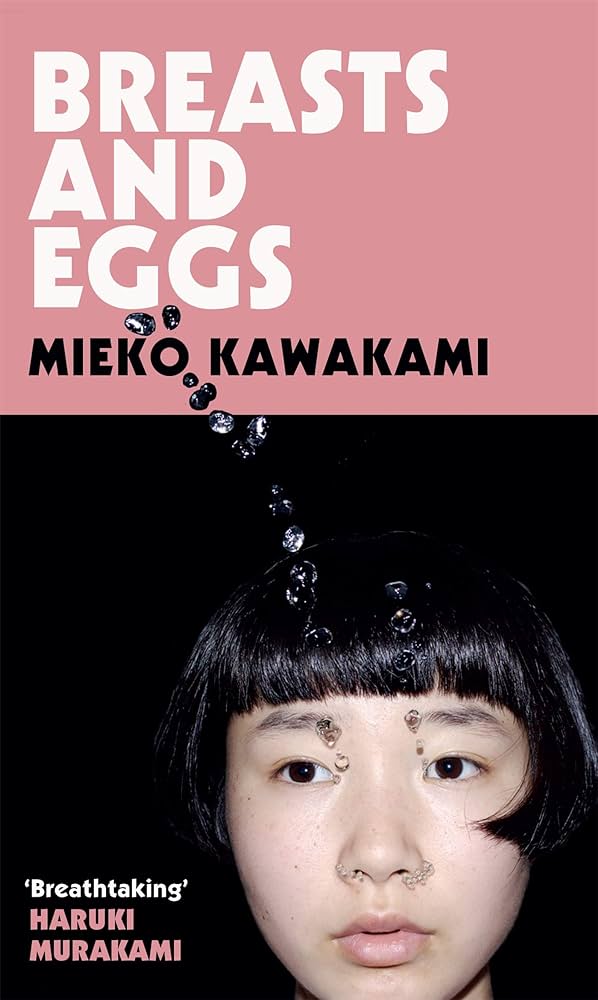
The first book from Kawakami to make its way to an English-speaking audience. Humorous, ironic and occasionally tragic-comic, Breasts and Eggs looks at the ways in which many women have quietly subverted gender roles. Its narrator, Natsuko Natsume, touches on several aspects of a single woman’s life in Tokyo. Kinokuniya
The Woman Destroyed by Simone de Beauvoir
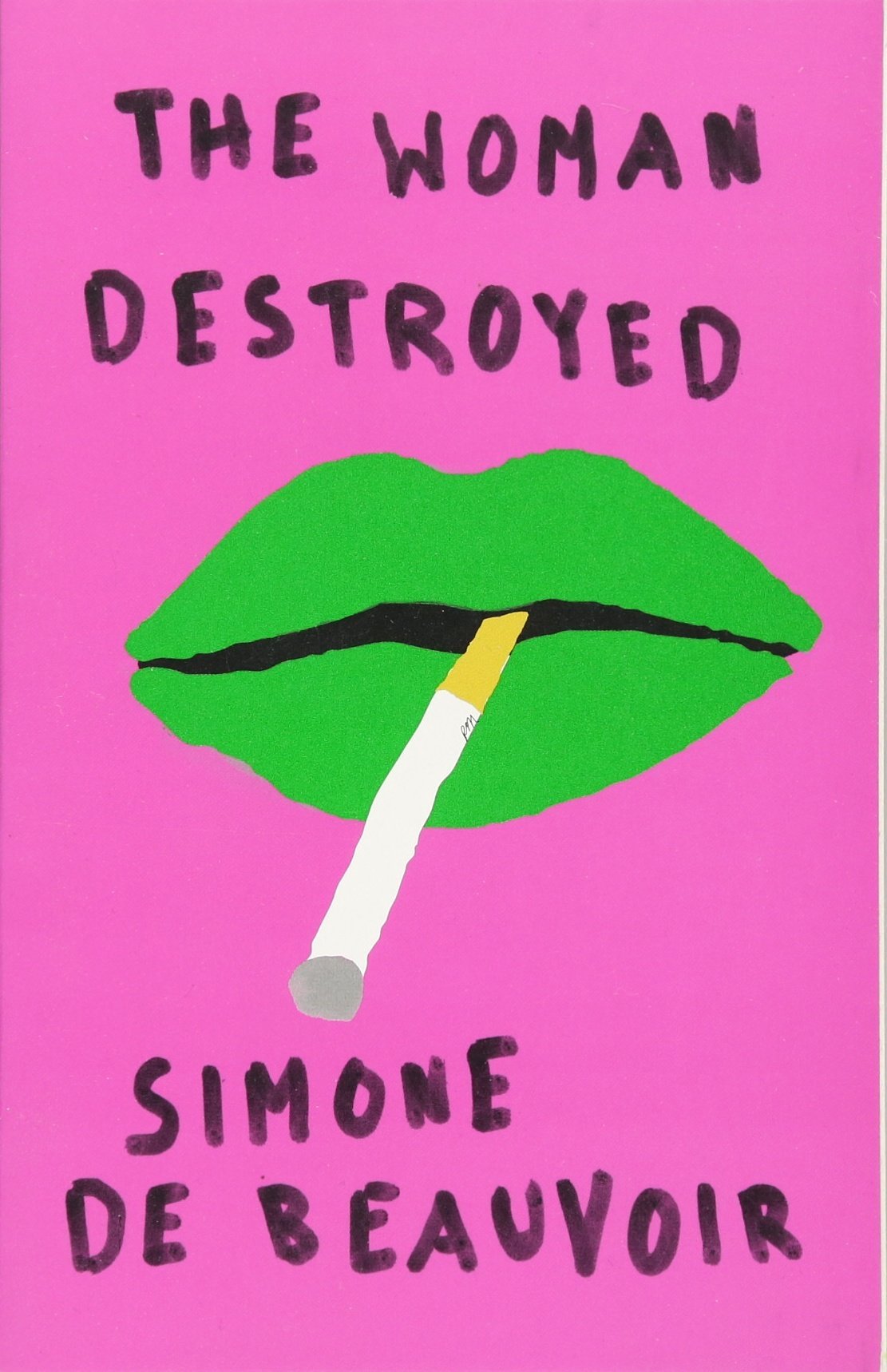
Empathetic and injected with de Beauvoir’s signature observant eye. In The Woman Destroyed, the French feminist thinker presents three long stories that dig into the lives of three different women as they are confronted with personal crises in their middle age. It lies in the strength of its characters as they rebuild their lives from the rubble. Kinokuniya
Girl, Woman, Other by Bernardine Evaristo
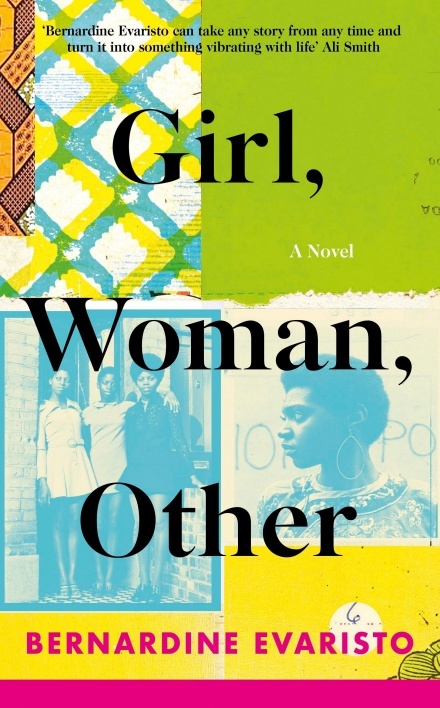
An interesting blend of diverse experiences with a focus on the identity – personal, cultural, and artistic. Girl, Woman, Other tells the stories of 12 Black British women, aged 19 to 90+, covering themes such as feminism, politics, racism, relationships and sexuality. Each chapter illustrates the story of a woman seen through a different lens. Kinokuniya
The Bell Jar by Sylvia Plath
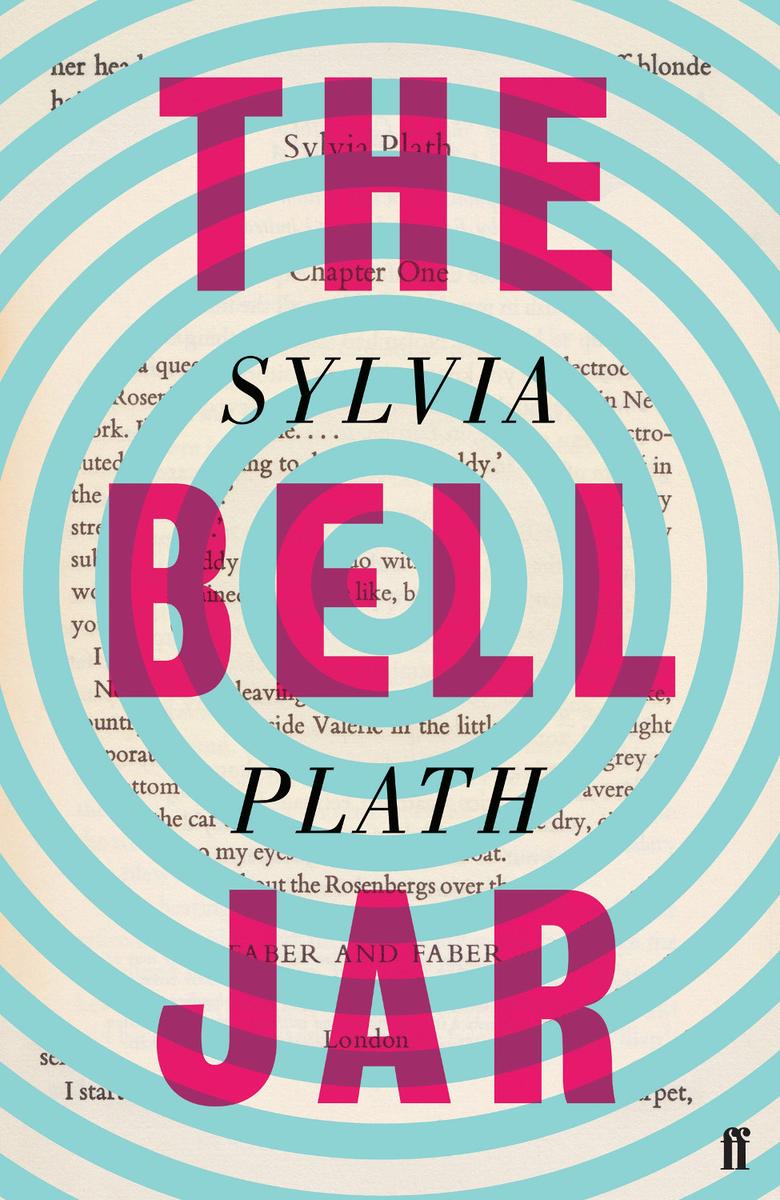
Plath takes underlying feminism to a whole new level in The Bell Jar. As this fictionalised autobiography unfolds, readers watch as Esther Greenwood faces the realities of womanhood and mental illness. Back in her day, the language to discuss these issues was practically foreign so this was pretty groundbreaking. Kinokuniya
The Golden Notebook by Doris Lessing
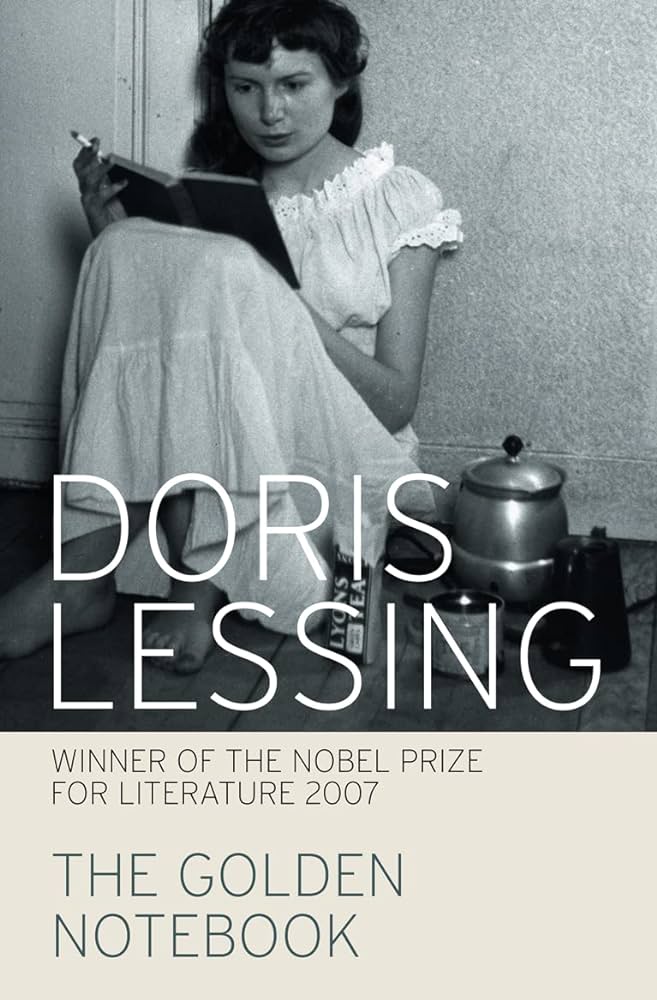
The Golden Notebook revolves around a woman novelist Anna Wulf, and her four notebooks of different colours that narrate aspects of her life. The notebook of the title is a fifth, gold-colored notebook in which Anna’s sanity is questioned as she weaves together the other four notebooks. Anna’s dreams and diary entries appear throughout the book. Amazon
My Body by Emily Ratajkowski
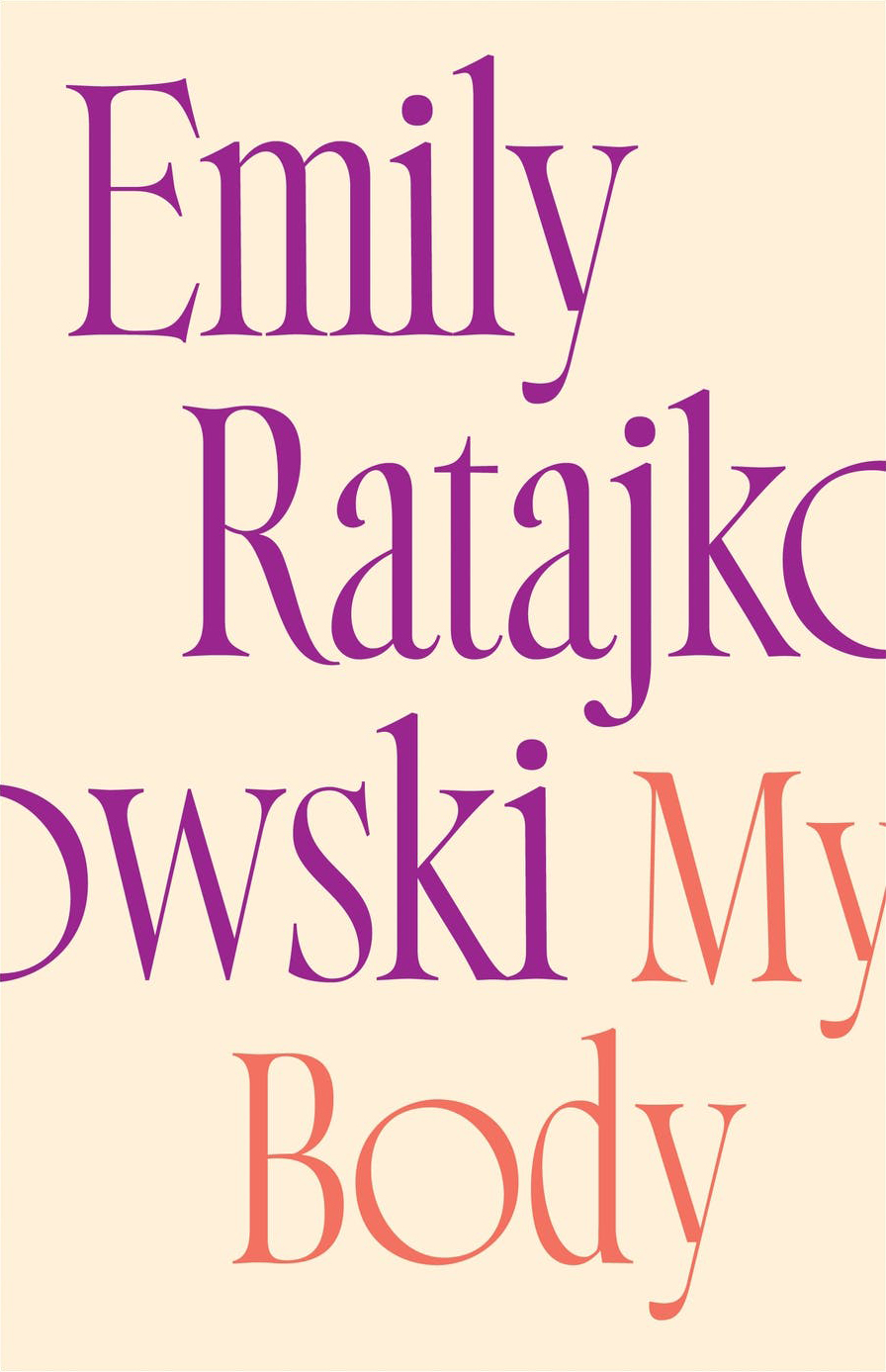
Actress, model and now author Emily Ratajkowski is no stranger to being in the public eye, being a well-known star with a social media presence. Ratajkowski’s writing debut My Body is a collection of essays – a deeply personal exploration of hard-hitting topics like feminism, sexuality and the commodification of women. Kinokuniya
Little Women by Louisa May Alcott
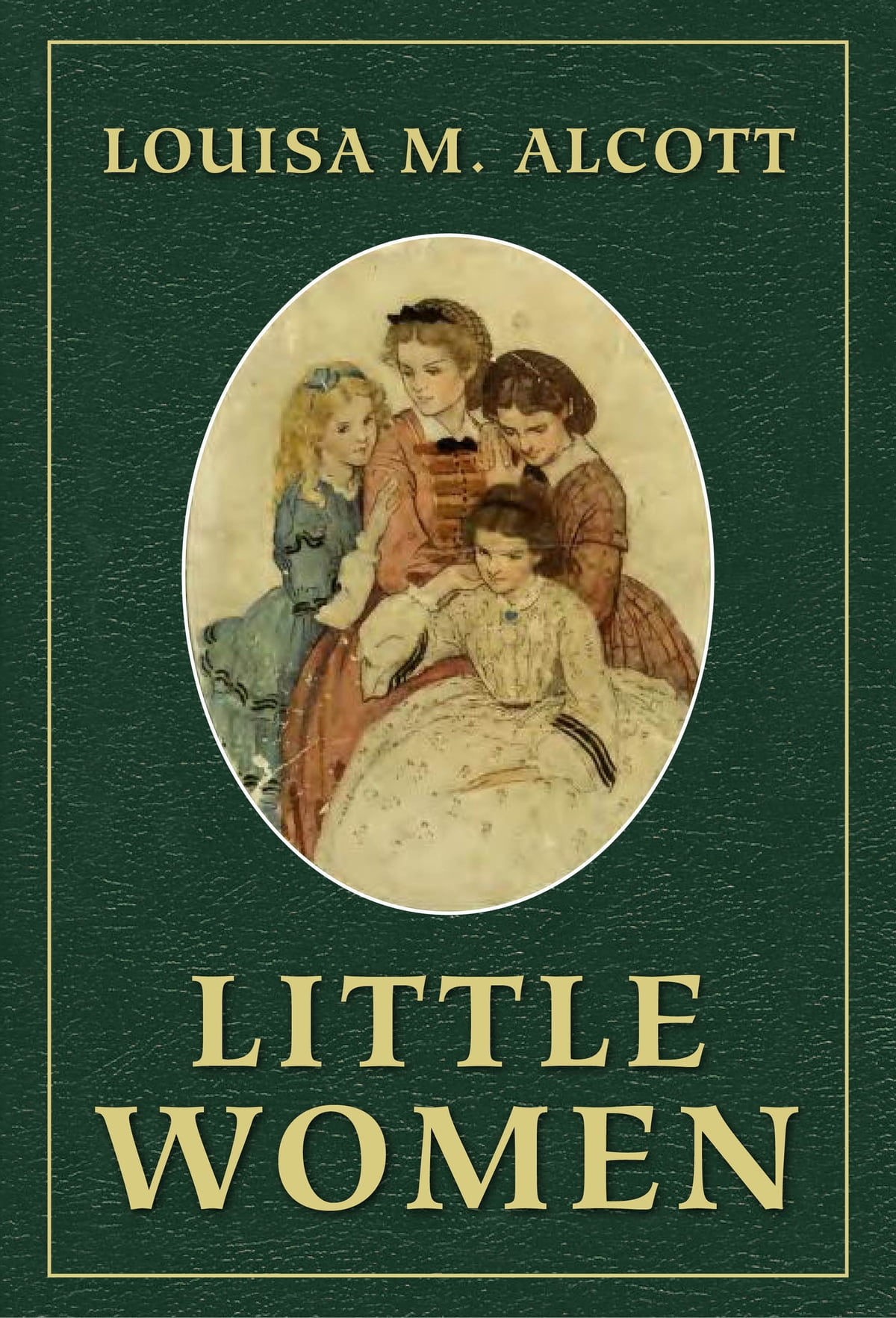
Classics are classics for a reason. Little Women is truly a tale of times past that gives an intimate look at four sisters as they grow up together and enter domestic life. Alcott keeps a keen eye on the limits of gender placed upon the girls as they grow and choose their own paths. Kinokuniya
The Vegetarian by Han Kang
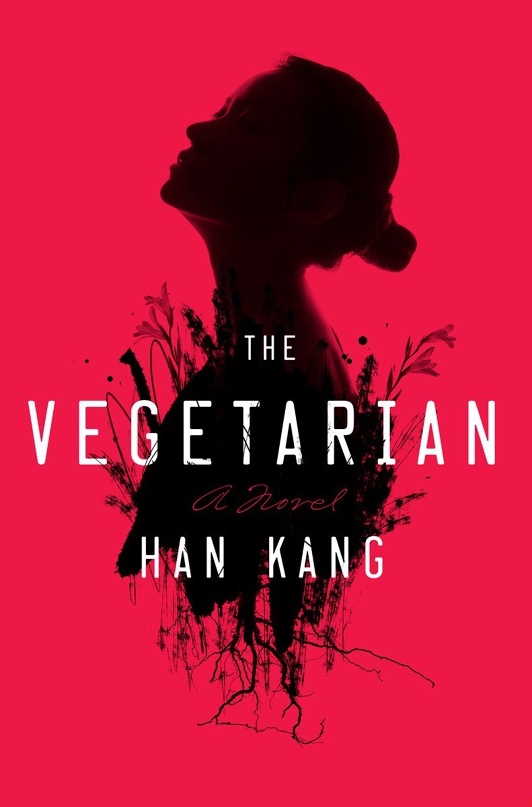
First published in 2007 and translated into English in 2015, Han Kang’s modern-day fable explores what happens when a housewife rejects the role expected of her. In The Vegetarian, Yeong-hye wakes up after a violent nightmare about animal cruelty and promptly decides to become a vegetarian. This seemingly innocuous decision leads to her ostracism from her family, as well as her own mental and physical decline. Kinokuniya
Featured image: Pinterest










